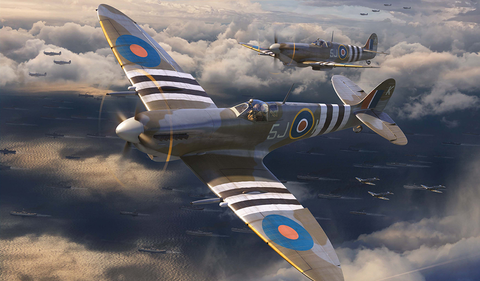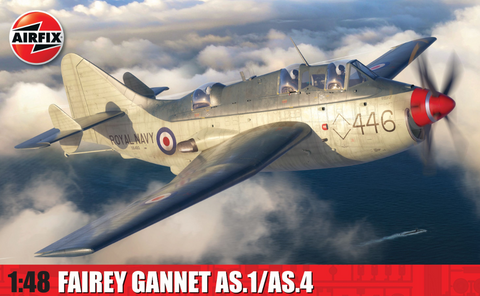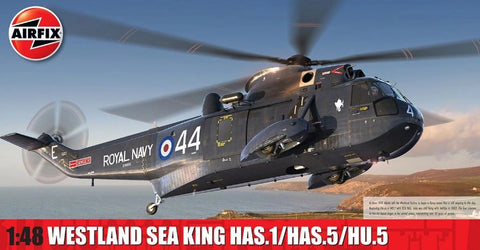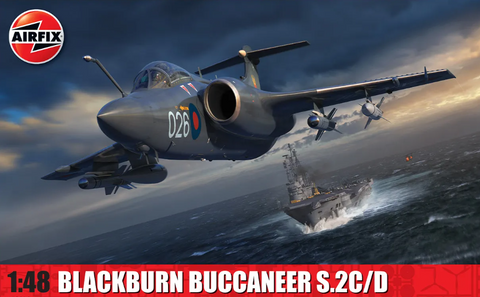Developed as a small, lightweight and maneuverable fighter, the Folland Gnat was never accepted into RAF service in that role. However, after being re-designed with two seats, it found its niche as a superb trainer and its small size and excellent aerobatic capability made it a natural choice for the RAF’s aerobatic teams. The Yellow Jacks first used the Gnat to great effect, before the Red Arrows used it as their first aircraft.
Designed by W.E.W Petter, the Gnat entered RAF service in 1962 giving trainee pilots the perfect first experience of fast jets before they moved onto the Hunters and Lightnings they would fly on front line duties. Eventually the introduction of the Hawk jet trainer meant the end for the Gnat and they were phased out of RAF service in the late 1970s. A large number were however passed to private operators where they still continue to be displayed at air shows.
Markings for:
Designed by W.E.W Petter, the Gnat entered RAF service in 1962 giving trainee pilots the perfect first experience of fast jets before they moved onto the Hunters and Lightnings they would fly on front line duties. Eventually the introduction of the Hawk jet trainer meant the end for the Gnat and they were phased out of RAF service in the late 1970s. A large number were however passed to private operators where they still continue to be displayed at air shows.
Markings for:
- Folland Gnat T.1, The Red Arrows Aerobatic Team, Royal Air Force Kemble, Gloucestershire, England, 1977.
- Folland Gnat T.1, The Red Arrows Aerobatic Team, Royal Air Force Kemble, Gloucestershire, England, 1979.








